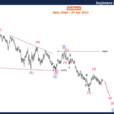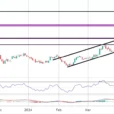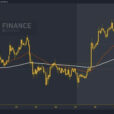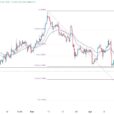Ok, dammit. How many times have we said over the past 18 hours that it was just a matter of time before everyone gets over their fascination with the spectacle of the short vol. crowd bleeding to death in the streets on the way to stepping over the bodies and getting back to focusing on what caused things to go wrong in the first place, rapidly rising yields?
I don’t how many times we’ve said that since yesterday afternoon, but we’ve said it a lot. For instance, here’s an excerpt from a post we ran Tuesday night:
But it’s entirely possible that once the shock wears off, we’ll be right back to focusing on the potential for upside surprises on the inflation front to force central banks to withdraw transparency by effectively cutting the cord with markets and leaning aggressively hawkish in order to avoid falling behind the curve. If, on the other hand, the Fed (for instance) were to stick with a gradualistic approach to hiking in the interest of not risking a policy mistake (like say bear flattening us into a fucking recession), they risk seeing the curve aggressively bear steepen on them as the market prices in not only rising inflation pressures but also expansionary fiscal policy and the prospect of more supply from Treasury at time of waning foreign demand and Fed balance sheet rundown. In other words, we may be out of the woods on the technical risk associated with the VIX ETP rebalance by virtue of the deck being cleared, but what happens when everyone remembers why we were worried in the first place?
And then there was this on Wednesday morning:
The issue – as we’ve been over countless times – is the rapidity of the rate rise. There is a limit to the equity market’s patience when it comes to higher bond yields (and higher breakevens). Previously, the bond market adjustment was viewed as a good thing to the extent it signaled something about the relative robustness of the economic recovery. But the rapidity of the rise in yields matters. Too far, too fast is not good and past a certain point, equities’ interpretation of that yield rise will change.













Leave A Comment